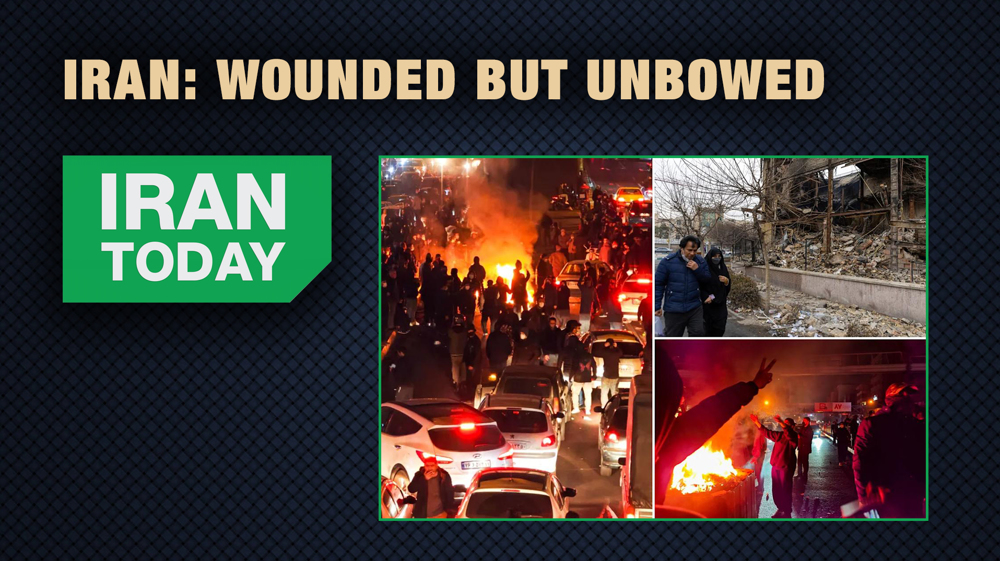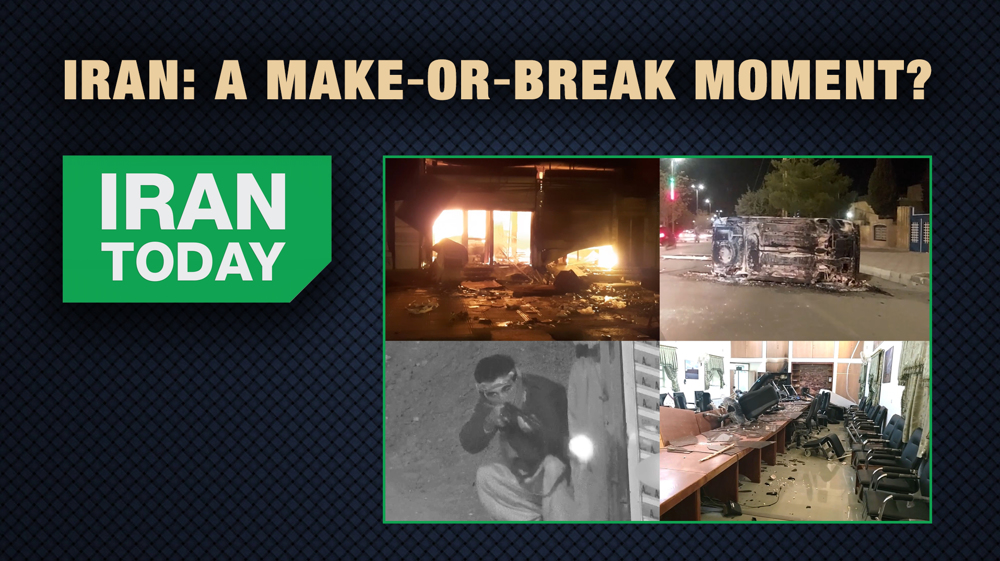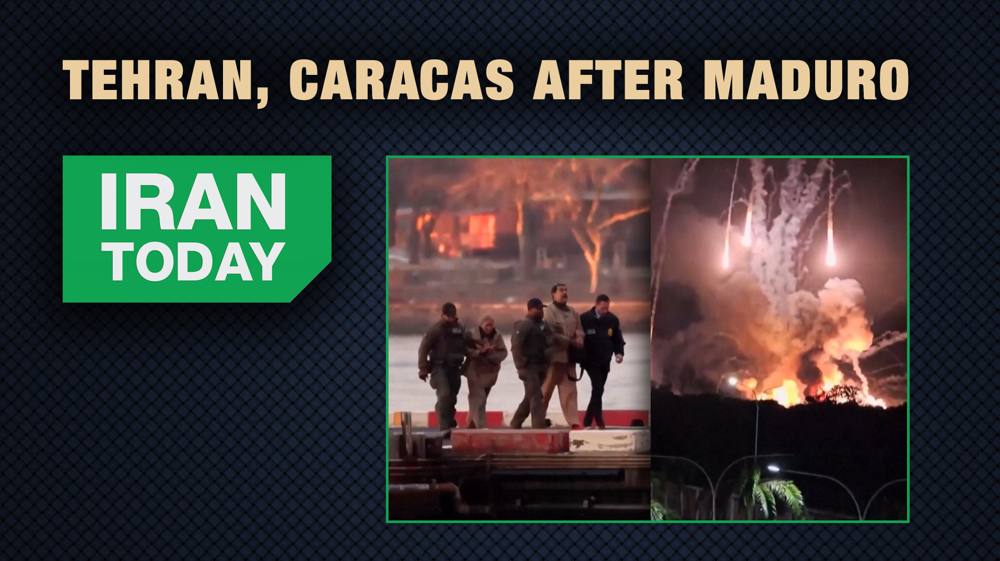Saudi Arabia severed its relation with Iran
On January 2nd Saudi Arabia announced the beheading of Sheikh Nimr which led to developments resulting in severance of diplomatic ties between Tehran and Riyadh.
Execution of Sheikh Nimr drew immediate condemnation from swarms of both Sunni and Shia people throughout the world.
This sentiment was also shared by Iranians; so much so that, a large crowd thronged in front of the Saudi embassy in Tehran and Consulate in Mashahd. After what happened, Saudi Arabia declared a severance of diplomatic ties with Iran.
Following this announcement, a few other countries followed suit. Bahrain, Sudan and Djibouti quickly cut relations with Iran and the United Arab Emirates and Kuwait recalled their ambassadors. Jordan summoned the Iranian envoy and Qatar recalled its ambassador too.
Riyadh had expected far greater sympathy and support from Washington and London, among others; but, ironically enough, that’s not what happened. Even former US secretary of state and front-running democratic presidential candidate, Hillary Clinton, has criticized the Saudi move.
It need be said though, some 60 people have been arrested following the setting fire to the Saudi mission, and Iranian President Hassan Rouhani has issued an executive order for authorities to see to it, that the real perpetrators and masterminds are identified and prosecuted.
The history of Iranian-Saudi ties since the victory of the Iranian Islamic revolution in 1979 hasn’t been smooth. Nearly 30 years ago, and in 1987, during the annual religious Hajj ceremonies, the Saudi security forces clashed with Iranian pilgrims and many were brutally killed. The tragic incident, which came at the height of the imposed war on Iran, in which Riyadh was a staunch supporter of the invading army of Saddam Hussein, cost some 402 Iranian lives and served to start a major souring point in Tehran-Riyadh relations.
The Riyadh policy has essentially been one of eying maximal regional influence by vying for hegemony. This policy has been continually steered by a manufactured fear of an ever-increasing Iranian cultural supremacy and political superiority.
Saudi Arabia has for many years been seen to stoke sectarian tensions in regional countries and has even been caught red-handed in offering financial, logistical and ideological support to extremist militant groups such as al-Qaeda, Daesh and other Takfiri groups. It has seized all opportunity to reverse the argument and picture Iran instead as a destabilizing element. During talks over the Iranian nuclear program, Riyadh spared no effort to derail it and proved more of a regional liability for the US, rather than a regional ally, forcing Washington’s diplomatic hands.
Watch the full video of this episode below:
VIDEO | Israel’s continued violations undermine transition to 2nd phase of Gaza truce
As TikTok falls into Zionist hands, UpScrolled fills the vacuum to give voice to Palestine
Discover Iran: Hormozgan’s architecture, where climate ingenuity meets maritime heritage
From Monroe to Trump: Imperialist footprint behind President Maduro’s kidnapping
FM Araghchi: Negotiations cannot work under threats
Iran regional leader in laser and quantum technologies
Iran commander: Any adventurism will cause heavy costs for enemy
VIDEO | Iran’s ambassador to Nigeria denounces US, Israel over latest terrorist acts in Iran









 This makes it easy to access the Press TV website
This makes it easy to access the Press TV website